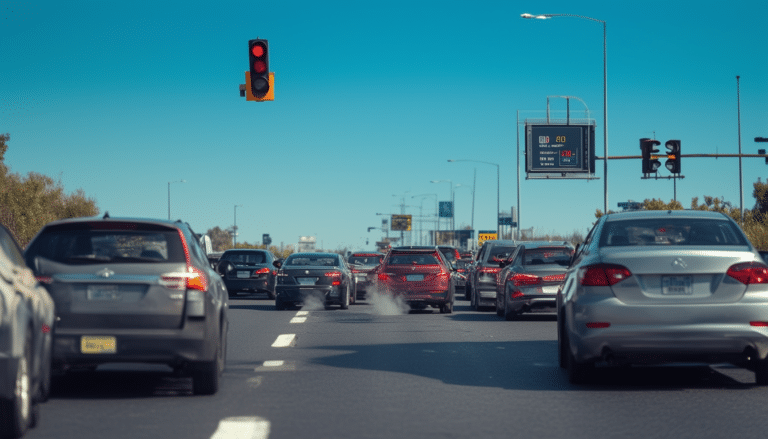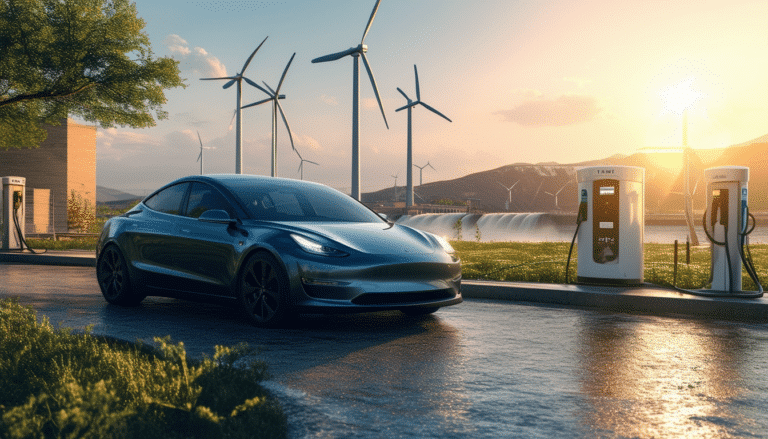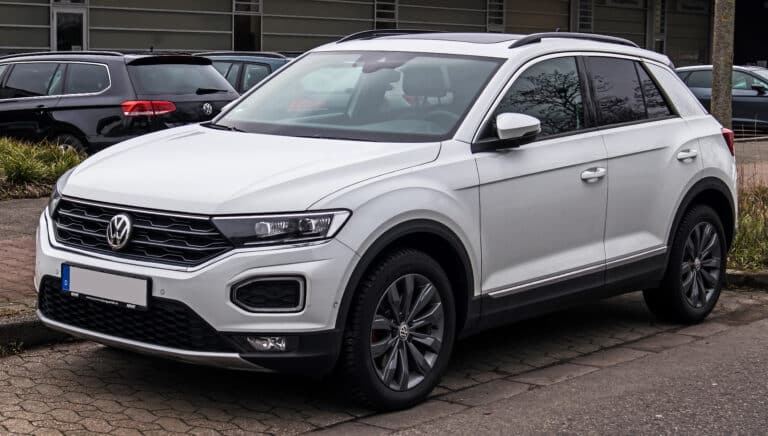Consejos para evitar el consumo excesivo de gasolina

The excessive consumption of gasoline not only affects our pockets but also the environment. Currently, it is essential to adopt practices that reduce this energy expenditure and promote a more efficient driving. Implementing simple tips can make a difference, both in terms of household economy and in reducing carbon emissions. Below are practical recommendations that help to decrease fuel usage without sacrificing the comfort of travel.
Reducing gasoline consumption is essential not only to protect the wallet but also to protect the environment. Below are practical and effective tips that can help optimize fuel use in the vehicle, leading to a more efficient and sustainable driving experience.
Trip Planning
One of the most effective ways to avoid excessive gasoline consumption is to plan well for each trip. Before setting off on the route, it’s advisable to map out the best path considering traffic and distances. Using navigation apps that update the status of the streets in real-time can be very helpful to avoid unnecessary stops and congestion that increase fuel expenditure.
Vehicle Maintenance
The mechanical condition of the car plays a crucial role in the efficiency of gasoline consumption. Regular maintenance, including cleaning the fuel system, checking the condition of air filters, and scheduled oil changes, can ensure that the engine runs optimally. This not only helps to improve performance but also reduces harmful emissions.
Tire Pressure
Maintaining the correct tire pressure is essential. Under-inflated tires increase rolling resistance, leading to greater gasoline consumption. It’s advisable to check the pressure at least once a month and always before taking long trips. Additionally, ensure they are in good condition to avoid problems on the road.
Driving Style
Adopting an efficient driving style can also make a difference in gasoline expenditure. Avoiding sudden accelerations, unnecessary gear shifts, and maintaining a constant speed are practices that not only improve fuel performance but also contribute to road safety. Moreover, avoiding excessive use of air conditioning helps optimize consumption.
Responsible Use of Air Conditioning
The use of air conditioning can significantly increase gasoline consumption. It’s preferable to use it only when necessary and instead, opt for opening windows during short trips. On longer journeys, activating the air conditioning moderately and alternating with natural ventilation can reduce expenditure.
Turning Off the Engine During Long Stops
If it is necessary to stop for more than 30 seconds, it is advisable to turn off the engine to avoid unnecessary gasoline consumption. This practice is especially useful at prolonged traffic lights or in traffic jams. In this way, not only can fuel be saved, but wear on the engine is also reduced.
Avoiding Unnecessary Loads
Additional weight in the vehicle can significantly affect fuel performance. It is important to remove unnecessary items from the trunk which, although they may seem insignificant, can increase the vehicle’s load and, consequently, gasoline consumption. Make sure the car is loaded appropriately and lightly.
Conclusions on Fuel Savings
Implementing these tips in daily life can help optimize gasoline use while contributing to environmental preservation. Furthermore, maintaining a good education on energy efficiency and car care can bring multiple economic and ecological benefits in the long run.
For more details on efficient driving practices, it is advisable to consult additional resources about efficient driving and the economic benefits of energy efficiency. Additionally, strategies for fleet management that offer a more holistic approach to reducing fuel consumption can also be explored.
Sustainable practices and responsible driving are essential to reducing gasoline consumption. To start, it is critical to adequately plan trips, avoiding unnecessary detours and choosing the most direct routes. This not only saves time, but also decreases fuel use, contributing to more efficient travel.
Another important aspect is keeping a vehicle in optimal condition. Regular checks of the fuel system, tire pressure, and engine status are factors that directly impact automobile performance. Ensuring everything works correctly not only extends the vehicle’s lifespan but also significantly reduces fuel expenditure.
Moreover, adopting an efficient driving style can make a difference in consumption. Avoiding sudden accelerations, maintaining a constant speed, and correctly using gear shifting are actions that contribute to less gasoline usage. It’s also advisable to turn off the engine during long stops, as leaving it running only generates unnecessary consumption.
Planning the vehicle’s load is another element to consider. It should travel with an appropriate weight; carrying unnecessary loads not only increases fuel use but also affects the vehicle’s handling. Similarly, limiting the use of air conditioning and opting for closed windows while driving can help optimize consumption.
In summary, small changes in driving habits and proper vehicle maintenance are essential to avoid excessive gasoline consumption. By adopting these recommendations, each driver can contribute to a more sustainable and efficient future.





